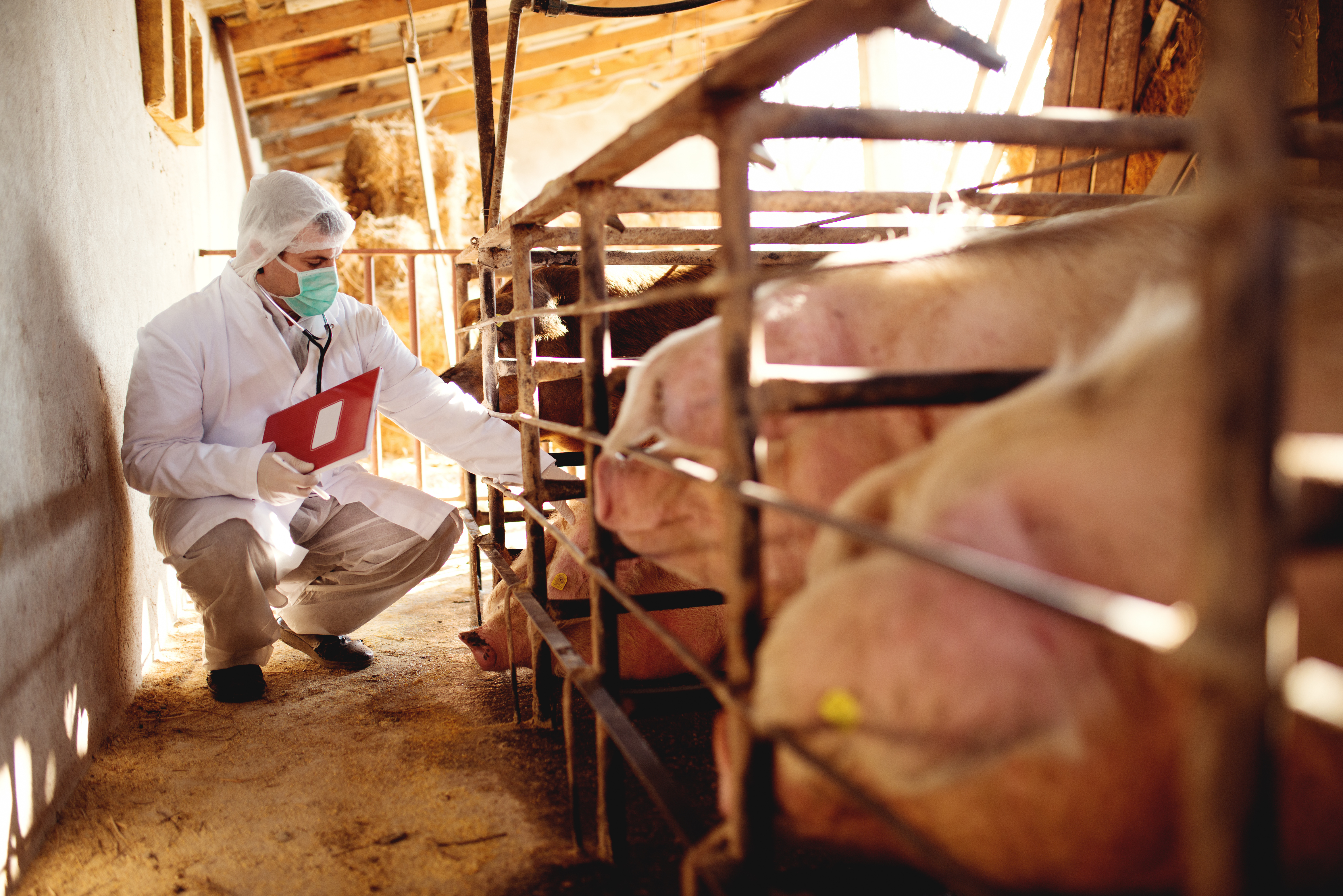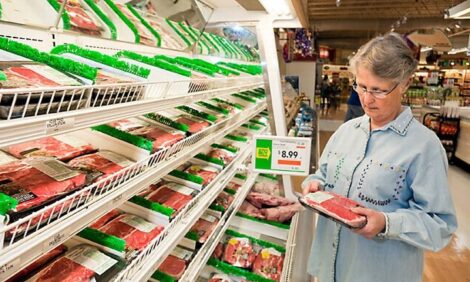



EU farming unions praise Germany's response to ASF case
After the confirmation of a case of African swine fever on its soil, Germany shows its good preparation and proves its ability to respond to the concern.German Federal Agriculture Minister Julia Klöckner confirmed a case of African swine fever (ASF) on a wild boar found near the Polish border, in the surroundings of the city of Cottbus (Brandenburg) on 10 September. This scenario, considered probable for some time now, is taken very seriously, both by European and German authorities. On the ground, pig farmers of the region are prepared and trained to avoid contamination of their barns.
Following the confirmation of a case of infected wild boars, the German ministry of Agriculture announced a series of strict measures to avoid any contaminations and the activation of a crisis management plan. The German authorities swift reactions proved the efficiency of the surveillance programme in place in the region, and the preparation of all players. Measures announced will mostly address wildlife populations, proving again the importance of a strong EU wide programme on wild boar population management.

For Pekka Pesonen, Copa and Cogeca Secretary-General “The identification of infected wild boars in Germany today is of course a source of concern for the whole European pig meat sector. Nevertheless we should be reassured. Germany proved its capacity for rapid response and effective actions while the Brandenburg region has a low pig production. The recent and positive management by Belgian and Czech authorities of ASF shows that biosecurity measures taken by farmers and public authorities are efficient in the EU.”
On his side, Antonio Tavares, Chair of the Copa-Cogeca Working Party on Pig meat calls on, “EU business partners to respond in a proportionate manner to this announcement. It is essential that they acknowledge all measures in place to contain ASF and keep their trust in the sector.” Commenting further Mr. Tavares said, “We welcome Commission and Member states efforts to push for the recognition of the regionalisation principles. At a difficult time for the European pig meat sector, it is essential that European and national authorities take efficient and quick measures to support the sector. The Commission's groundwork in raising awareness and promoting biosecurity measures should be highlighted.”
The scientific community is clear about ASF, the disease can only be transmitted to pigs and wild boars and does not affect humans. Therefore, we need to inform the citizens who might be in contact with these species that they can have an active role by taking basic measures that could prevent the spread of ASF. Other stakeholders, especially hunters, will have a key role to play in prevention and containing the disease.








